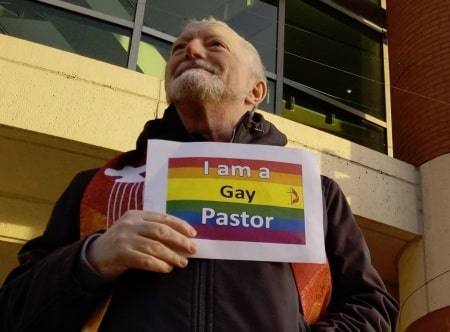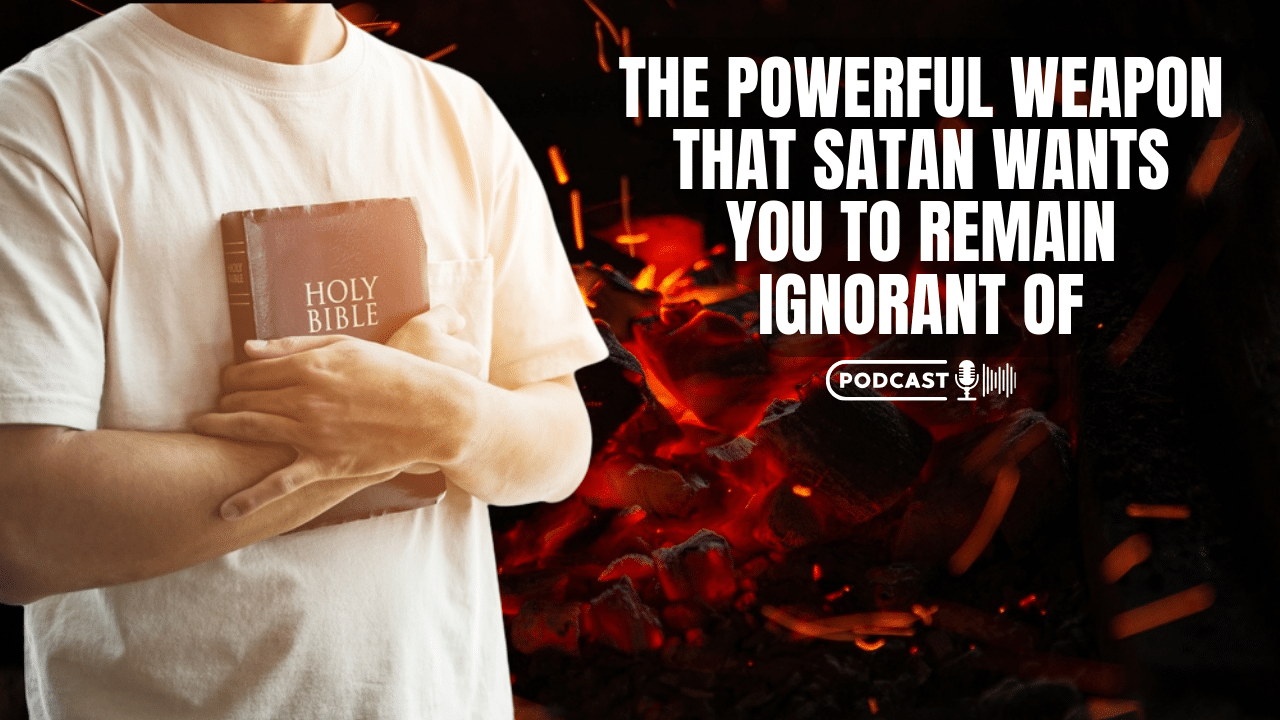(OPINION) A recent article in The Christian Post highlighted a gathering of Christian clergy, theologians and scholars at the Yale Divinity School’s Center for Public Theology & Policy.
“‘Religious Leaders’ Sign Declaration Denouncing ‘Religious Nationalism,’ Promoting Progressive Causes,” read the headline, capturing the essence of the event.
At the heart of their assembly was the signing of the “New Haven Declaration of Moral and Spiritual Issues in the 2024 Presidential Election,” a document condemning “religious nationalism” while affirming support for progressive initiatives. [1]
Bishop William J. Barber II, a well-known progressive activist, spearheaded this effort. Hailing from North Carolina, Barber previously led the Greenleaf Christian Church in Goldsboro and held the presidency of the state’s NAACP chapter. His advocacy during that time, notably through the ‘Moral Mondays’ movement, garnered national attention, albeit not without criticism.
Despite purportedly transcending political divisions, Barber’s tactics did more to exacerbate societal rifts rather than bridge them. While some lauded his causes, especially the press, his legislative impact remained less than minimal.
It overshadowed by disruptive protests that not only delayed legislators in the North Carolina General Assembly from doing the people’s business but led to hundreds of unnecessary arrests that congested the state’s court system.
As a registered lobbyist for the Christian Action League of North Carolina, I had a front-row seat to Barber’s conduct in the Tar Heel state. I contend it fell far short of the standards expected of a clergyman or a statesman.
Instead, he operated as a political agitator with a religious veneer. His agenda was, and never has been, aligned with advancing the Kingdom of God; instead, Barber has sought to supplant the soul-saving Gospel of Jesus Christ with spiritually ruinous progressive Christianity.
The current president and senior lecturer at Repairers of the Breach and co-chair for the Poor People’s Campaign, Barber denigrates Christians who espouse the belief nations that forsake God, and His Commandments will be turned into Hell.
He smears them with derogatory terms such as “white evangelicalism” and “religious nationalism” (sometimes referenced in America as Christian nationalism). He contends that their concerns are not only a perversion of Christianity but also a distraction from the real issues such as a living wage, healthcare, ecological justice, criminal justice reform, and voting rights — all focal points of the New Haven Declaration. [2].
What do these issues have in common? What thread ties them together? It’s not the Scriptures, regardless of the claims. Many progressives don’t take the Bible as fully reliable and reject its inspiration and inerrancy. These issues reflect a commitment to “social justice.”
While Barber and his co-signatories on the New Haven Declaration interpret ‘social justice’ differently from the biblical concept of justice, it’s important to recognize that both perspectives emphasize the importance of righteous living in community.
In biblical terms, justice is foundational to God’s requirements. However, progressive Christians prioritize “social justice” with a theological emphasis on addressing immediate societal needs to the detriment of considerations about the afterlife.
Specifically, this shift alters Christianity’s message from a proclamation of Christ’s completed work of salvation and the promise of eternal life for believers to an emphasis purely on ethical imperatives for societal improvement.
Michael J. Kruger, a professor at Reformed Theological Seminary in Charlotte, provides light here, arguing: (CONTINUE)
















